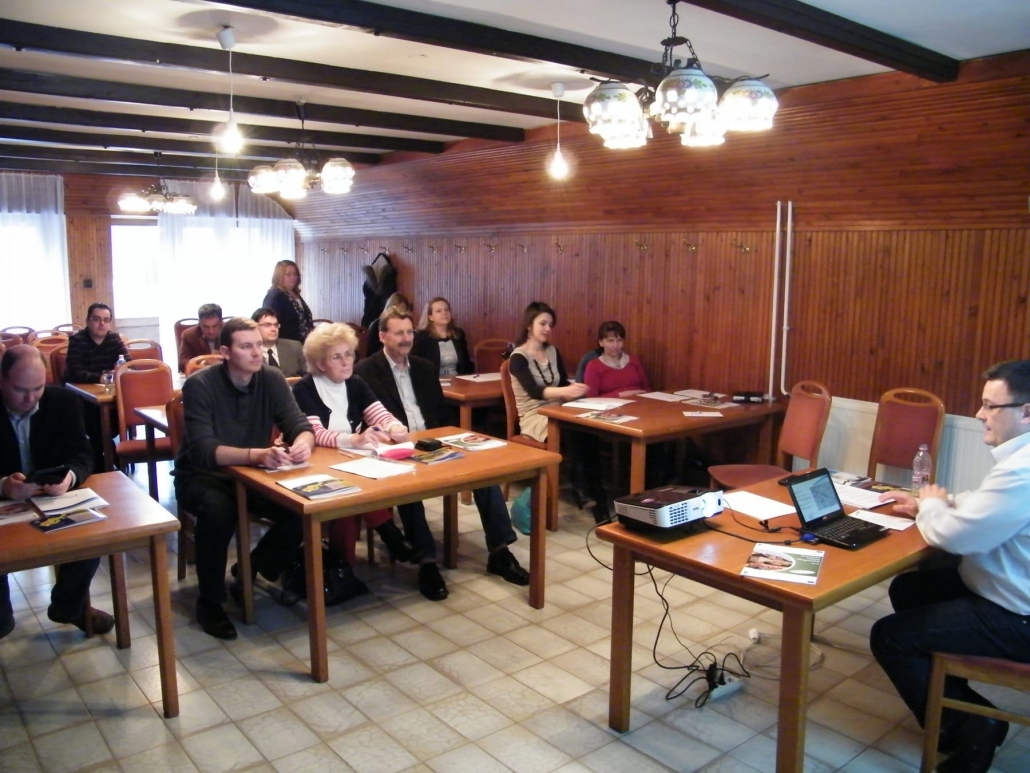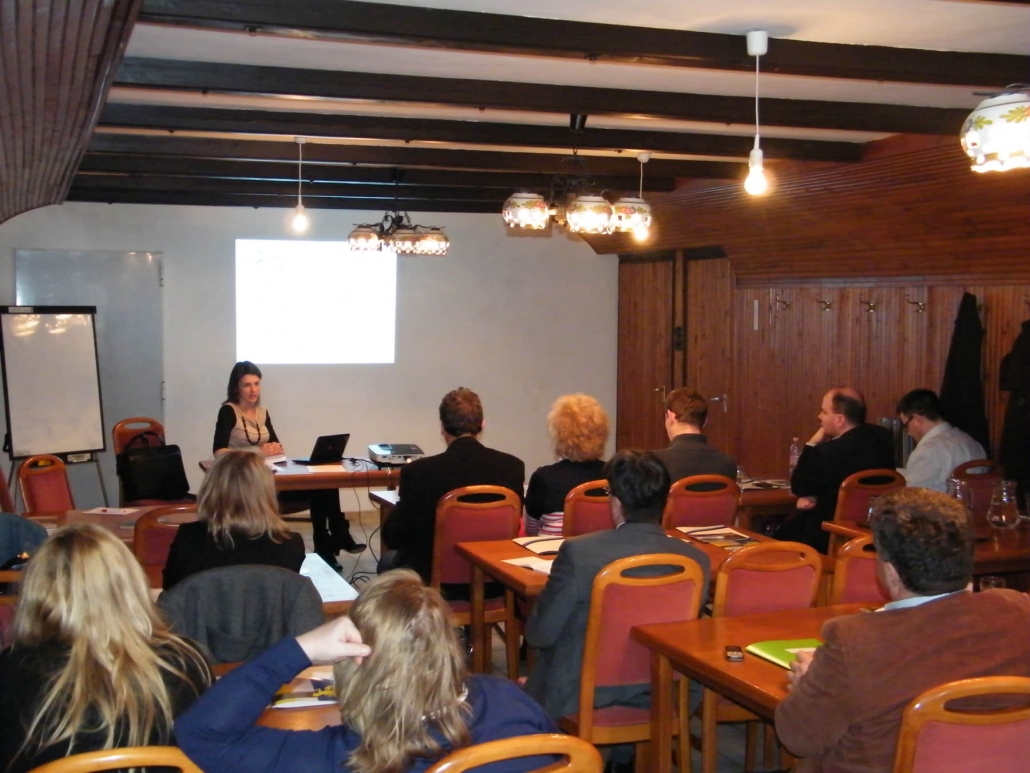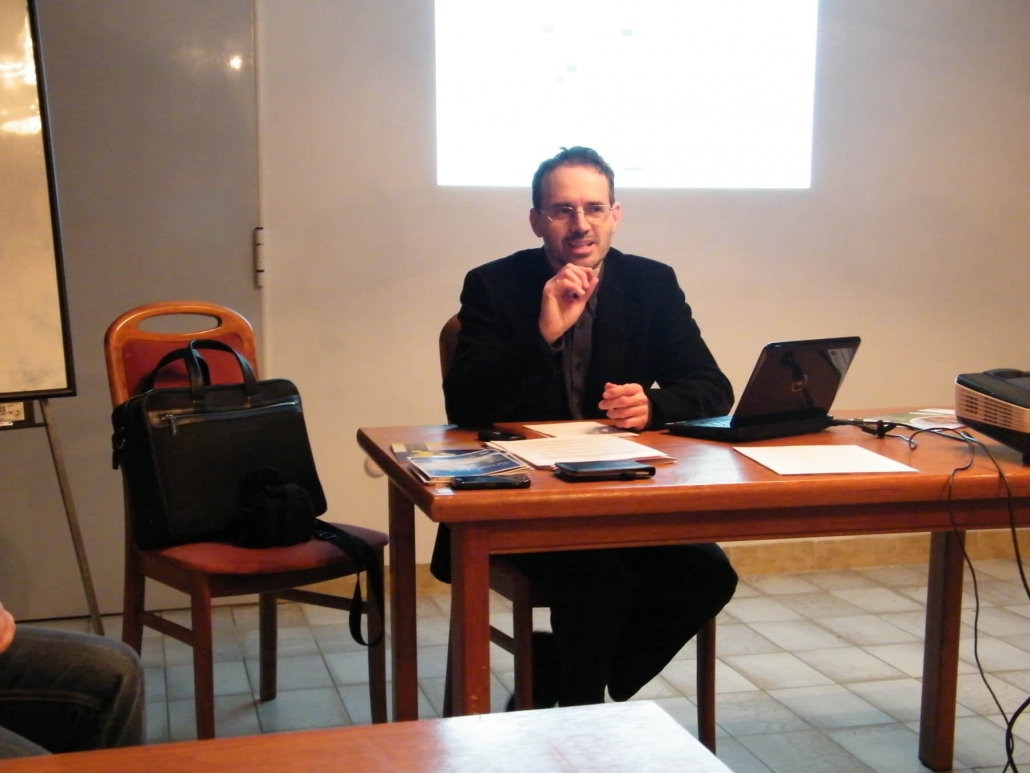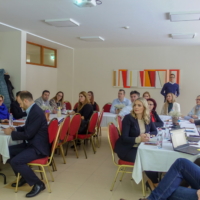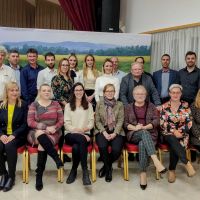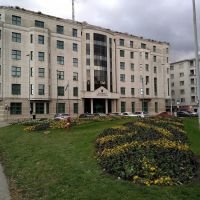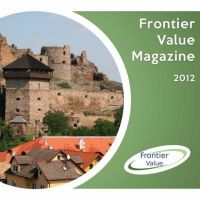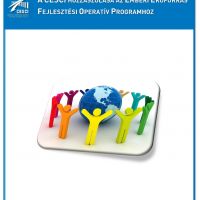The representatives of EGTCs with Hungarian participation had a meeting exceptionally in Budapest. The particpants of the forum, established and operated by CESCI, could hear reports on the events of the period passed since the last general meeting, the introduction of two EGTCs, then they discussed how the EGTCs can take part in the operative programmes. The EGTCs severally present their plans for 2013.
The first speaker of the workshop was Gyula Ocskay who had a report on the events of the period passed since the last summer. He denoted that the internal web forum of CESCI had launched, where the documents of the workshop would be available. The first important topic was the issue of operational subsidy of the EGTCs where the representative of CESCI asked the leaders of the grouping for greater care. On the part of the EGTCs it was announced that the long-term solution could be the task financing similarly to the case of the subregions.
Further agenda item was the visibility and the professional work of the EGTCs which must be enhanced, particularly in the programming period. For this purpose, CESCI offers professional and financial contribution too.
In course of the workshop, this time the Győr-based Arrabona and the Tatabánya-based Rába-Duna-Vág EGTC, which unites more counties, had the opportunity to introduce themselves.
The main point of the workshop was that how the EGTCs could join to the planning of the operative programmes. Imre Csalagovits, head of department of Office for National Economic Planning told about the actual situation of cross-border programmes’ plan and the opportunities of participation which was an univocal demand on part of the EGTCs.
On the second day of the workshop, the delegation of the EGTCs said thanks to dr András Levente Gál, former state secretary of the Ministry of Public Administration and Justice for the support, being provided to the EGTC foundation and operation.
